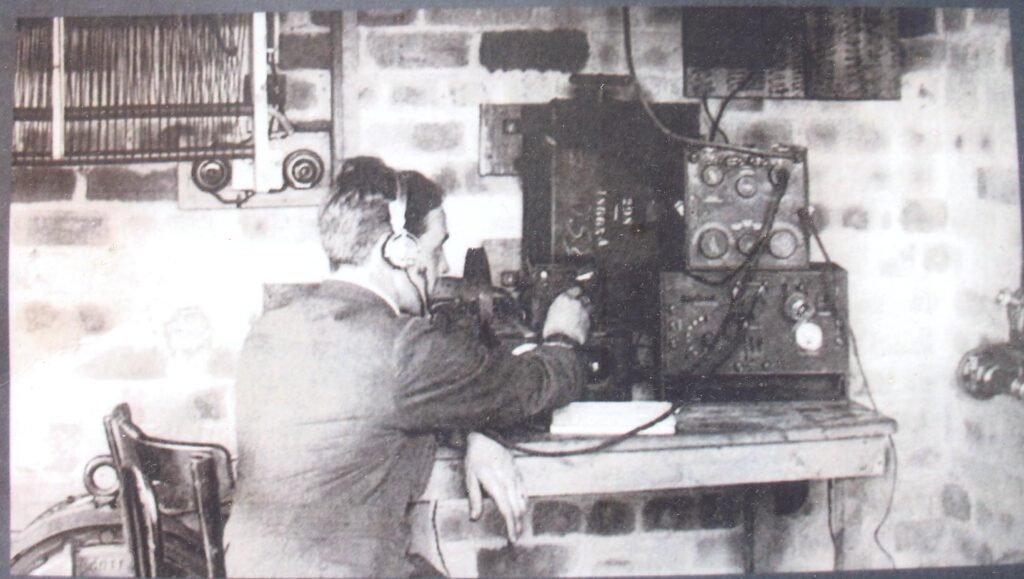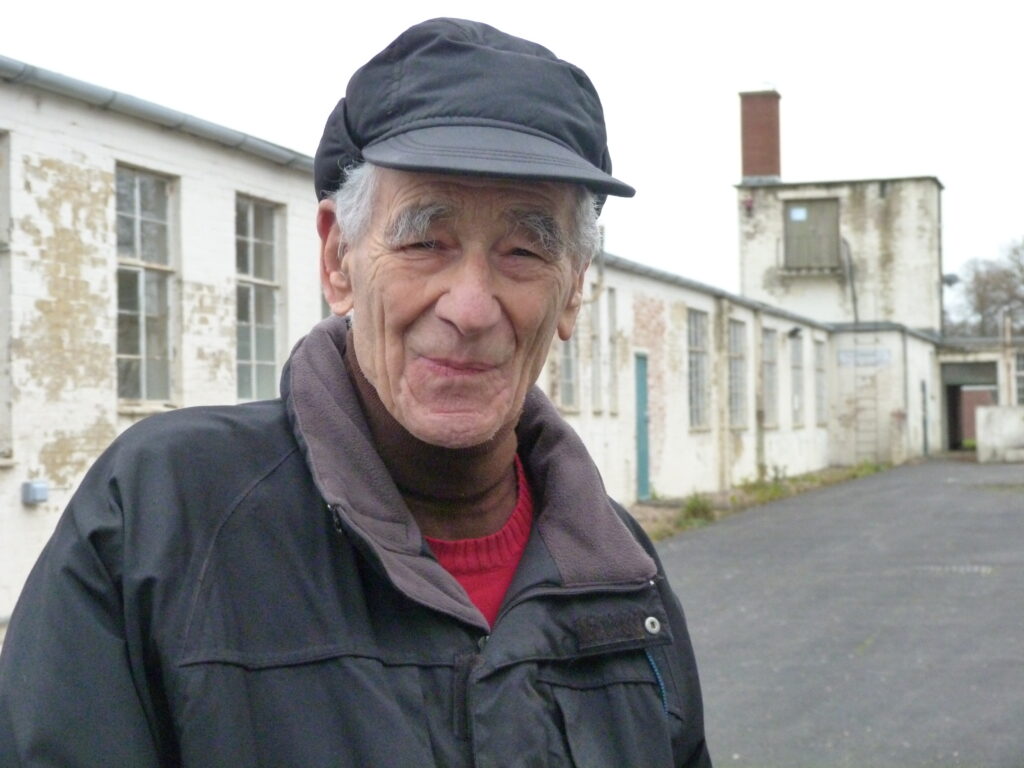The secret listeners
Welcome to the Official Website of the secret listeners of World War Two
Uncover the extraordinary true story of the secret listeners of World War Two. For over seventy years their eavesdropping operations on German prisoners of war, including Hitler’s Generals, at three secret sites outside London were so hush-hush that the outside world knew nothing.
From 1943, over a hundred German refugees transferred from the British army’s Pioneer Corps where they had been ‘digging for victory’, to serve in the Intelligence Corps as ‘secret listeners’. They operated at 3 hush-hush sites in the countryside outside London. They played a central role in gaining vital intelligence that shortened the war and saved Allied lives. Having signed the Official Secrets Act , they could never talk about their work for over 65 years, not even to their families.


Their commanding officer Colonel Thomas Kendrick already had over 30 years as a spymaster for the British Secret Service. His brilliance created one of the most important and far-reaching intelligence networks of the war. It had no blueprint from history. . . this was ground-breaking and a stroke of genius.
PROTECTING THE SECRETS AT ALL COST ….
Kendrick slid a pistol across the desk to his officer Charles Deveson and said:
“If you ever betray anything about this work, here is the gun with which I expect you to do the decent thing. If you don’t, I will.”
‘Most of our prisoners were initially either shot-down Luftwaffe-pilots or members of U-boat crews who had been rescued when their boat was sunk. There might have been a few army-prisoners captured in North Africa, but a major influx of those only started after D-Day in June 1944,’ Fritz Lustig
How did secret listener Paul Douglas feel about bugging the conversations of his former countrymen? ‘I never felt I was betraying Germany. Germany betrayed me.’
The secret listener operation was. . .
– Historic England
“Of considerable national and international historical interest
which bears comparison to the codebreaking work at Bletchley Park”